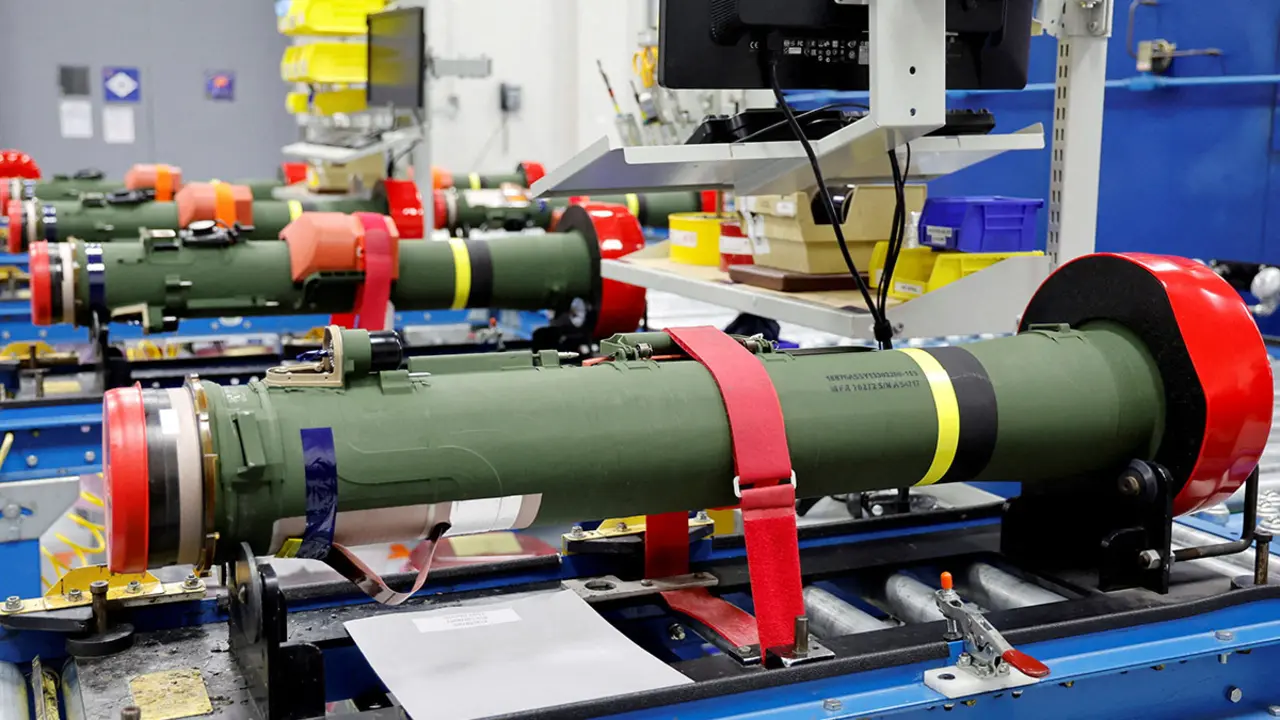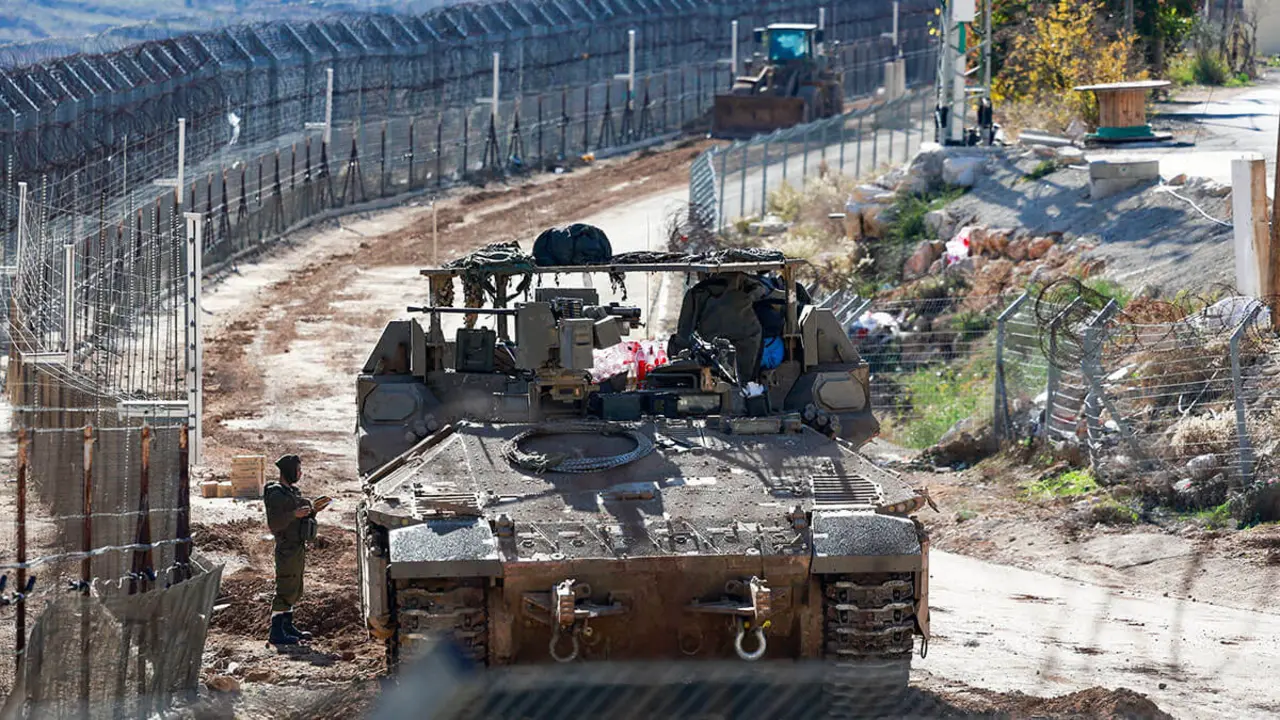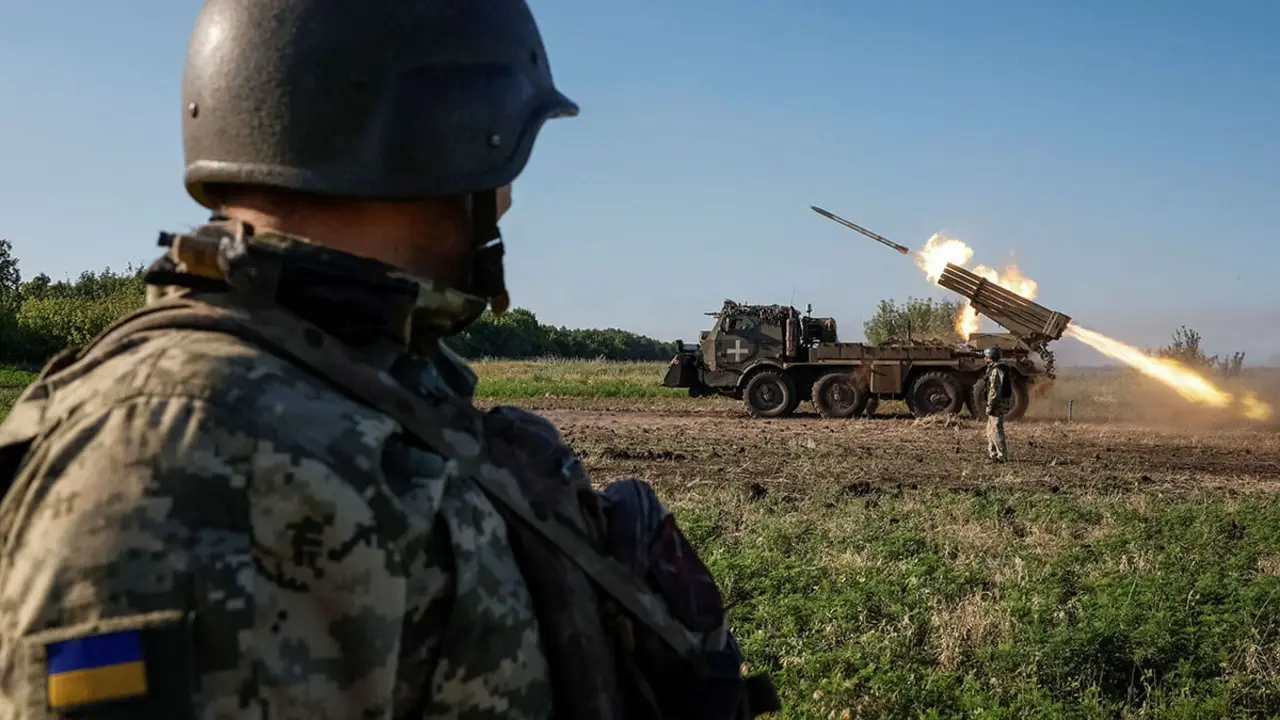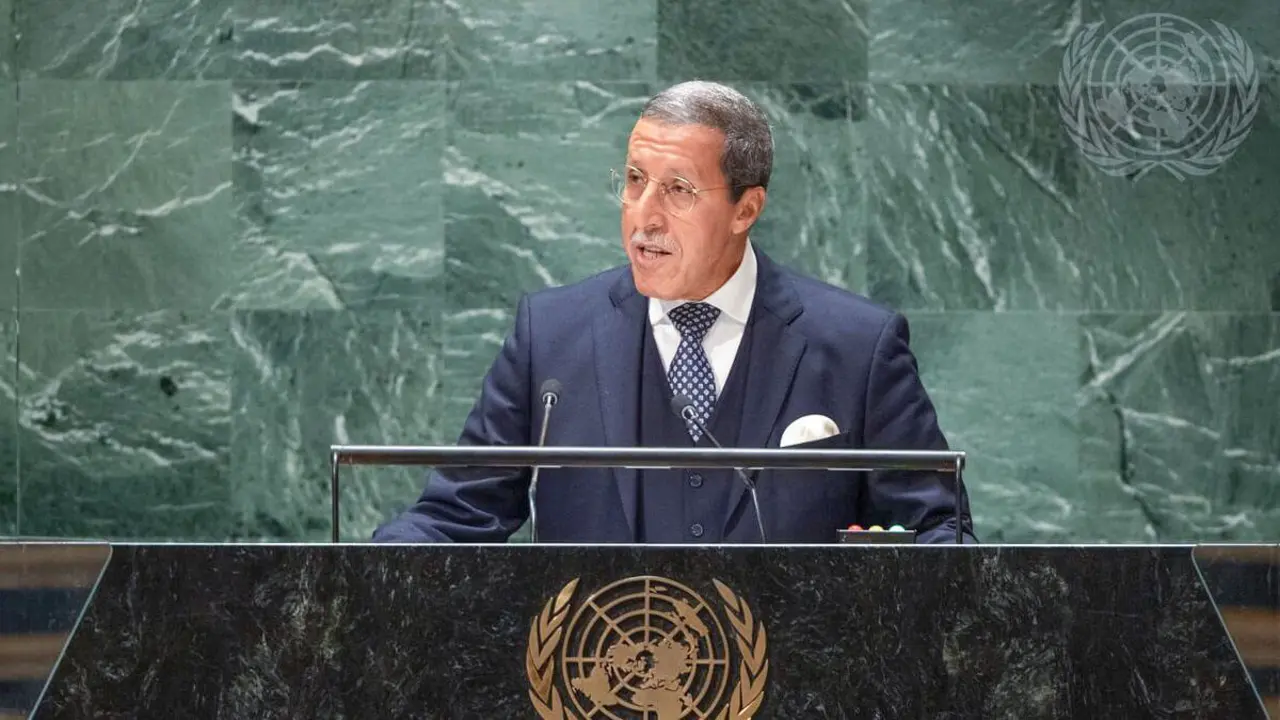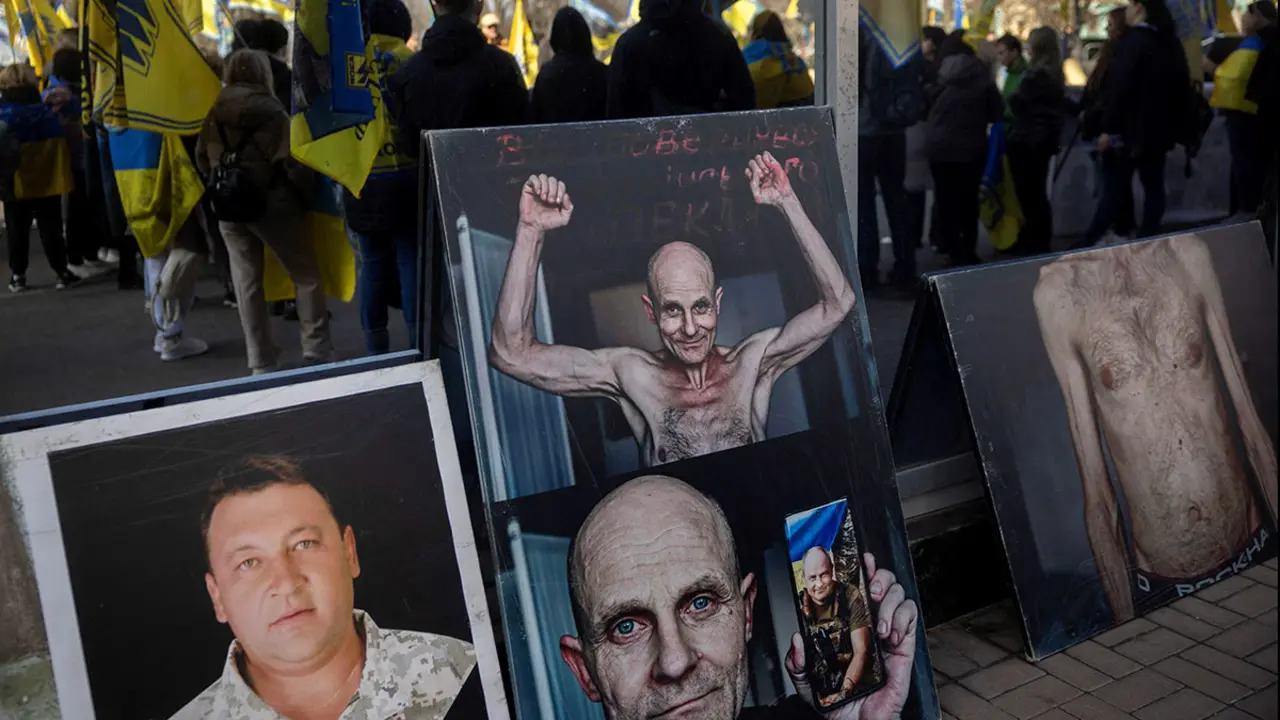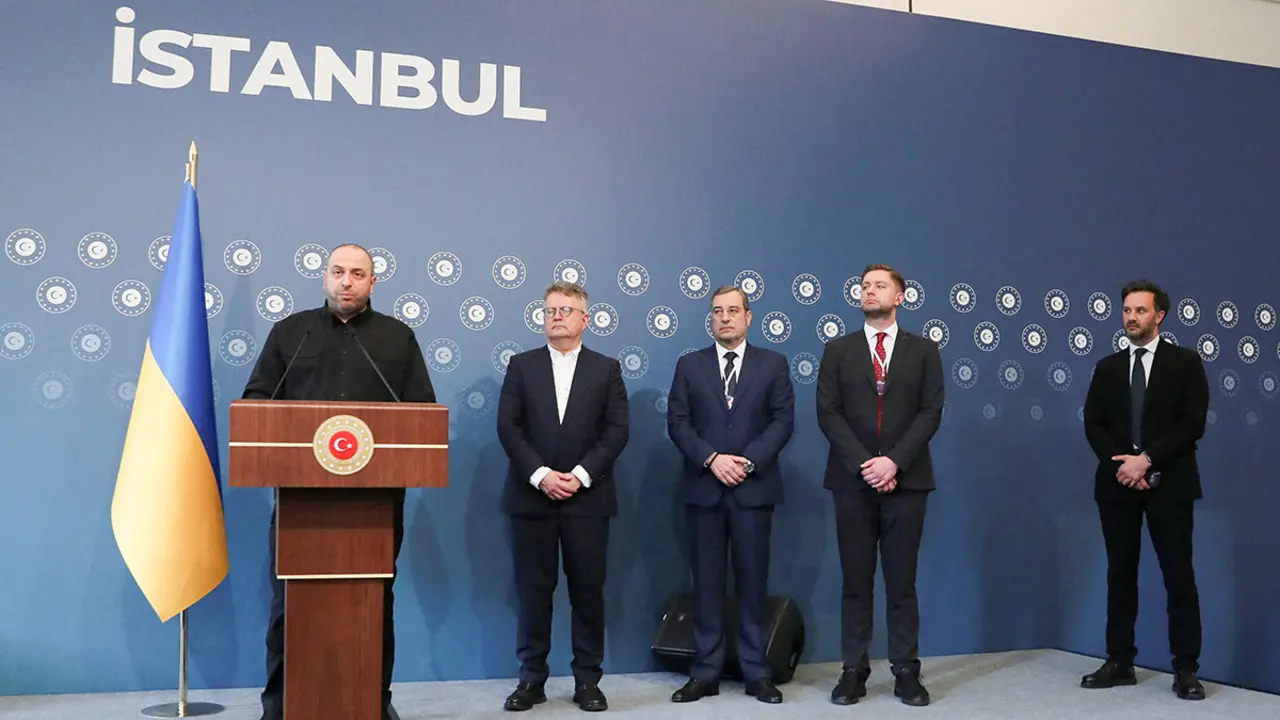Muslim Brotherhood sows the seeds of confrontation in southern Yemen

There's no respite in Yemen. Just when it seemed that the situation was beginning to recover some of its stability in the Arab country, which is facing its fifth year of a war with many interests at stake, the outlook has once again worsened considerably. Fighting in the south of the country has resumed with unusual violence.
The situation in the southern regions of the country has deteriorated since the leaders of the Southern Transitional Council (STC), a secessionist group whose troops are supported by the United Arab Emirates (UAE), claimed full sovereignty over the critical infrastructure of Aden, the country's main port city. This initiative, not approved by the UAE, greatly strained relations with the Saudi-backed government of Abd Rabbuh Mansur al-Hadi.
Under the open peace process in Jeddah, STC and the Al-Hadi administration, which have fought together against the threat of Houthi rebels financed by Iran, were to reach an agreement to share the management of the southern territories. However, the unilateral movement of Aidarous al-Zubaidi, the maximum leader of the STC, interrupted the dynamics of the dialogue in the last hours.

On Monday, a group of fighters close to the government launched an attack on Zinjibar, under the control of the STC. The city, although not too large in terms of population, is of great political and strategic importance, as it is the capital of the Abyan Governorate and the main coastal urban centre in the vicinity of Aden.
The responsibility for the attack, according to JTS military leader Nabib al-Hanashi, quoted by Agence France Presse, is attributed to militiamen belonging to the Islamist movement Al-Islah. Al-Islah is a solid supporter of Al-Hadi within Yemen, but it also has other allies at the international level. Its political faction is affiliated with the Muslim Brothers, an organisation that is considered a terrorist group by Egypt, the country where it originated.
As a result, after this first attack, clashes in the city have occurred repeatedly. The exact balance of human losses is not entirely clear, but military and medical sources have assured the Algerian daily El Watan that there are at least ten deaths among STC and government fighters.
According to the secessionist spokesman Al-Hanashi, his troops have been able to halt an attack on what is considered, in the words of the leader Aidarous al-Zubaidi, "the territorial gains [of the STC]". The Al-Hadi government's view, of course, is different. "We will do everything necessary to preserve the state, its institutions and the security of citizens against the STC," Foreign Minister Mohammed al-Hadhrami said recently, referring to the outbreak of violence.

Therefore, a front has been reactivated in which two theoretical allies are fighting: on the one hand, the STC supported by the UAE and, on the other hand, the Hadi Armed Forces, supported by Saudi Arabia. Is it a coincidence that the fighting has taken place as a result of an attack by Islamists linked to the Muslim Brothers?
Probably not. The Islamist movement, in turn, has fairly strong connections to the governments of Qatar and Turkey, which are major geopolitical rivals to Saudi Arabia and the UAE, especially in the case of Qatar. In 2017, the so-called Arab Quartet, comprising the administrations of Riyadh, Abu Dhabi, Manama and Cairo, accused Doha of financing jihadist terrorist groups through the Muslim Brotherhood.
Therefore, the Brotherhood and its allies would be the first to benefit from an upsurge in tensions between the Emirates and Saudi Arabia. It should be remembered that Yemen is not the only conflict where this struggle of international interests is reflected. In the Libyan war, the same hostility can be seen. While Turkey and Qatar support Fayez Sarraj's National Accord Government, which has a large number of Muslim Brotherhood members in its ranks, Saudi Arabia, the UAE and Egypt are unfailingly behind Marshal Khalifa Haftar's Libyan National Army (LNA).

It remains to be seen whether the current clashes between southern separatists and the Government will continue over time or whether, on the contrary, both sides will succeed in bringing the situation back into the channels of dialogue that had been opened previously. For the time being, the STC, according to an analysis by the specialised media Middle East Eye, has already begun to strengthen its economic network, through an order that decrees that all bank deposits and income must be transferred to its own bank, which will represent a hard blow to the Government's Central Bank; a move that could aggravate the internal schism.
Regardless of the problems between the two partners, on the war front, the clashes between the government forces and the Houthi rebels, Iran's arm in Yemen, continue to take place in much of the centre and north of the country. The Shiite militias, unlike the coalition led by the Saudi government, have chosen not to take advantage of the ceasefire unilaterally decreed by Riyadh in order to face the crisis of the coronavirus with greater dedication.

The humanitarian emergency in and around Aden was already reaching extreme levels with the advent of the COVID-19 pandemic. The port city has been an active site for communicable diseases for years. Currently, the pathogen that first appeared in Wuhan, which has already caused 10 deaths and 65 infections, is coexisting with mosquito-borne viruses such as dengue fever and chikungunya. Recent flooding throughout the region has led to a rapid proliferation of these conditions.



